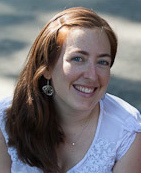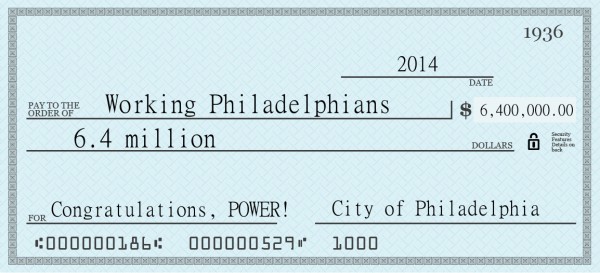JOINing in to Raise Up Massachusetts
Kosher For Passover Fair Trade Chocolate. Because We Were Slaves In Egypt.
This article was originally posted in the Sun Sentinel on March 17th, 2014.
Jews give out apples and honey on Rosh Hashanah for a sweet new year.
On Purim, members of Congregation Shaarei Kodesh in Boca Raton will give each other, family and friends fair trade chocolate.
It’s to conform to values and laws from the Bible and the Torah, Rabbi David Baum said.
“There are ethics and laws regarding our food and our consumption [of food],” he said. “Fair trade brings us closer to our food because we know who is growing it, that they are treated fairly.” Fair treatment of workers is a big part of the Torah, Baum added.
The custom of mishloach manot, sending treats to one another on Purim, comes from the Book of Esther and is a commandment on Purim, the rabbi said.
Synagogue members used to give treats like cupcakes and hamantaschen, he said. “This is the first time we’re including a more educational and ethical aspect.”
The idea for using fair trade food came from the Jewish Social Justice Roundtable, whose meeting Baum attended in Baltimore last year, shortly before Hanukkah. He was one of four rabbis representing the Rabbinical Assembly, the international association of Conservative/Masorti Rabbis at the program.
In a sermon following his return, Baum suggested giving fair trade chocolate Hanukkah gelt. “Fair trade gelt was tremendous,” he said. “It wasn’t that much more expensive.”
The Purim treats will come in flower pots as part of a “seeds of change” theme. Each of the more than 200 pots will have a sticker that reads “With every deed you are sewing a seed, though the harvest you may not see.” and contain a packet of flower seeds, a fair trade chocolate bar and hamantaschen.
Shaarei Kodesh has given mishloach manot for seven years and it has come in buckets or reusable bags containing “traditional noshes” like granola bars, chocolate, popcorn, hamantaschen and a bottle of water, said Heidi Aronson, the synagogue’s co-president.
Giving fair trade chocolate is “very exciting and very important,” said co-president Any Pessah. “We don’t much know the source of our food.” But with fair trade chocolate, “We have a sense of the area it comes from and the partners associated with the co-op.”
Buying fair trade food is about helping others receive a fair wage and about helping the environment, Pessah added. “It’s tikkun olam [repairing the world] in its purest form. It makes the chocolate taste sweeter when you’re eating it.”

















